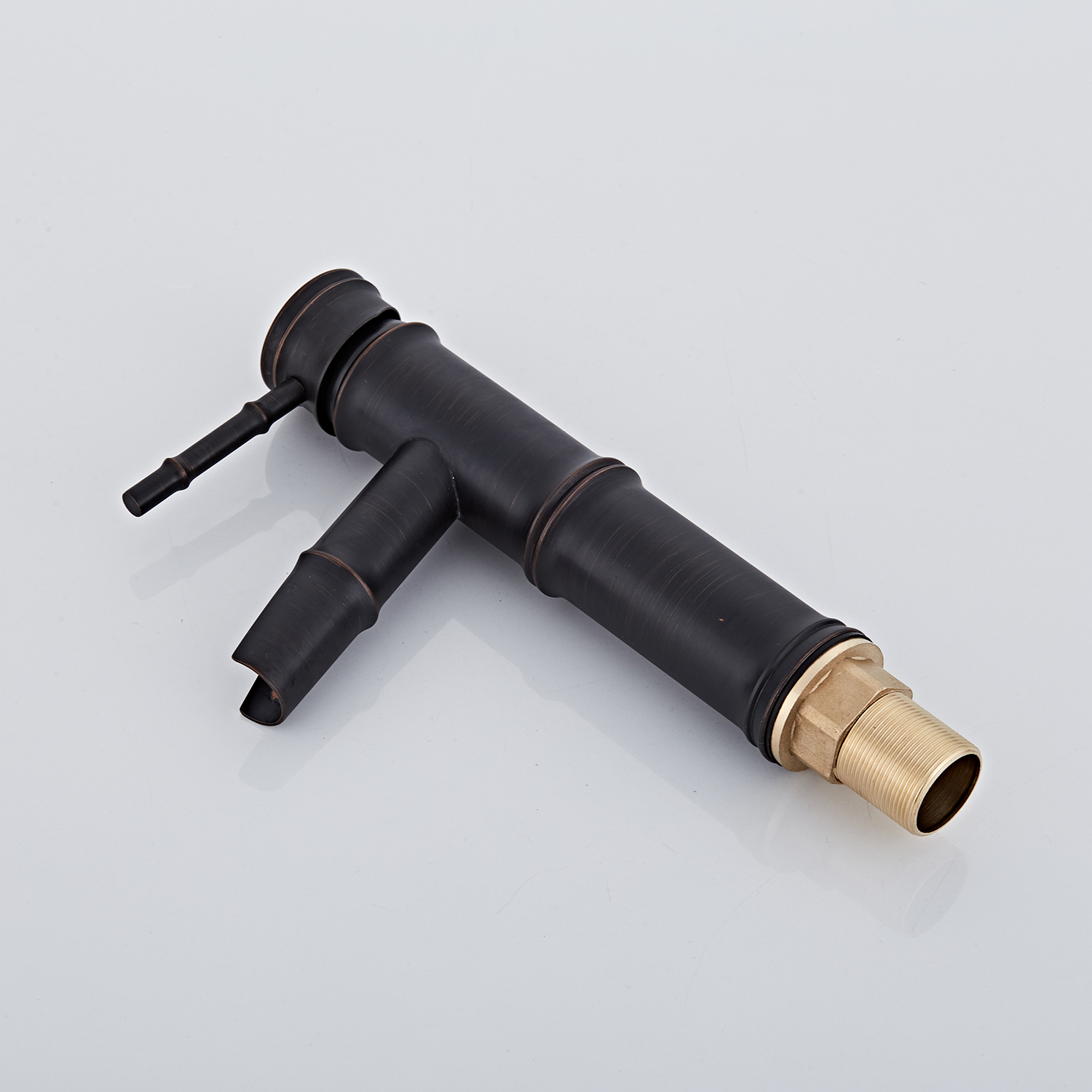And lastly, the National Infrastructure Advisory Council briefs the president on infrastructure challenges.
“Because it’s not just about building infrastructure, it’s about building better infrastructure, stronger infrastructure – infrastructure that can withstand 21st century challenges from climate change to cyberattacks to natural disasters to foreign threats and so much more.” — President Joe Biden, speaking before a briefing from the National Infrastructure Advisory Council. The council delivered two reports to the president this year: cross-sector collaboration and preparing critical infrastructure for water crises. Last week, the council released a draft report on challenges to expanding electric infrastructure. Hot Cold Sink Faucet

$295 Million: Payments to California water agencies to implement conservation plans for saving water in Lake Mead through 2025. Arizona, California, and Nevada agreed to be compensated for conserving 2.3 million acre-feet in the lake. Arizona agencies and tribes have already been promised $378 million. The public funds come from the Inflation Reduction Act, which Congress passed last year.
Columbia River Basin Agreement The White House announced new investments in clean energy and ecosystem restoration in the Columbia River basin.
The agreement – called the Columbia Basin Restoration Initiative – is with Oregon, Washington, and the Nez Perce, Umatilla, Warm Springs, and Yakama tribes. It provides $300 million for fish and habitat restoration. It pledges clean energy projects that could offset the loss of hydropower from breaching Snake River dams.
The Biden administration will also study the consequences of breaching the four Snake River dams that block the upstream movement of salmon, steelhead, and lamprey. The studies will inform Congress as it decides the fate of the dams.
Water Pollution from Slaughterhouses The EPA is proposing stricter pollution limits for water discharged from meat and poultry processors, which are significant point sources of river-damaging nutrients like nitrogen and phosphorus.
The rules – for nitrogen, phosphorus, oil and grease, organic matter, and total suspended solids – would apply to about 850 facilities.
Public hearings will take place on January 24 and 31. Times and locations will be added later at the above link.
Chattahoochee River Agreement Alabama and Georgia reached an agreement with the Army Corps of Engineers on a plan to manage the shared Chattahoochee River.
The agreement, which sets flow objectives for two points on the river, will stay a lawsuit that Alabama filed over management revisions that the Corps made in 2017. Those changes allowed for more water withdrawals upstream, in metro Atlanta.
The Corps will study the agreement to ensure that it will settle the legal challenge. The Atlanta Regional Commission expects the review, with public comment, to take 12 months.
Water Bills in Congress Bills introduced or acted upon in the last week include:
Delaware River Water Standards To keep fish from suffocating, the EPA is proposing stronger water quality standards for a 38-mile urbanized section of the Delaware River along Delaware, New Jersey, and Pennsylvania.
The standards apply to the amount of dissolved oxygen in the river and are aimed at protecting the river’s aquatic life, including endangered Atlantic sturgeon and shortnose sturgeon.
Two public hearings on the proposal will be held in February. See the above link for details.
National Disaster Readiness FEMA published an annual report outlining what the country needs to do to prepare for natural hazards like droughts, hurricanes, fires, and floods.
The report focuses on key areas: investment in emergency care and logistics; improved government coordination; and better planning before disasters, especially in high-risk areas.
The report laments that current building codes that reduce risk are not more widely adopted. The federal government, outside of federal buildings, does not have the power to enforce new codes. That is the domain of state and local governments.
EPA PFAS Decisions The White House’s regulatory office has received two hot-button EPA rules proposals for review.
In the last two weeks, the Office of Information and Regulatory Affairs received the agency’s proposal to regulate PFOA, PFOS, and four other PFAS in drinking water. It also received the proposal to list PFOA and PFOS as hazardous substances under the federal Superfund law.
Both rules, if enacted, would change the playing field for water utilities, both in drinking water treatment costs and potential legal liability for contaminants.
Columbia River Treaty Negotiations Sens. Maria Cantwell (D-WA) and James Risch (R-ID) asked the White House and Ottawa not to delay negotiations over an updated Columbia River Treaty.
Diplomatic talks between Canada and the U.S. began five years ago, but a final deal has not been delivered. The senators want a sense of urgency because provisions in the treaty become less certain in 2024. Congress will need to authorize changes, and because of the election next year lawmakers will have competing legislative demands and little time.
The treaty, originally negotiated in the 1960s, focuses on hydropower and flood protection. An updated treaty is expected to address climate change, ecosystem health, and fisheries.
Federal Water Tap is a weekly digest spotting trends in U.S. government water policy. To get more water news, follow Circle of Blue on Twitter and sign up for our newsletter.
Brett writes about agriculture, energy, infrastructure, and the politics and economics of water in the United States. He also writes the Federal Water Tap, Circle of Blue’s weekly digest of U.S. government water news. He is the winner of two Society of Environmental Journalists reporting awards, one of the top honors in American environmental journalism: first place for explanatory reporting for a series on septic system pollution in the United States(2016) and third place for beat reporting in a small market (2014). He received the Sierra Club’s Distinguished Service Award in 2018. Brett lives in Seattle, where he hikes the mountains and bakes pies. Contact Brett Walton
© 2023 Circle of Blue – all rights reserved Terms of Service | Privacy Policy
This site uses cookies. By continuing to browse the site, you are agreeing to our use of cookies.
We may request cookies to be set on your device. We use cookies to let us know when you visit our websites, how you interact with us, to enrich your user experience, and to customize your relationship with our website.
Click on the different category headings to find out more. You can also change some of your preferences. Note that blocking some types of cookies may impact your experience on our websites and the services we are able to offer.
These cookies are strictly necessary to provide you with services available through our website and to use some of its features.
Because these cookies are strictly necessary to deliver the website, refusing them will have impact how our site functions. You always can block or delete cookies by changing your browser settings and force blocking all cookies on this website. But this will always prompt you to accept/refuse cookies when revisiting our site.
We fully respect if you want to refuse cookies but to avoid asking you again and again kindly allow us to store a cookie for that. You are free to opt out any time or opt in for other cookies to get a better experience. If you refuse cookies we will remove all set cookies in our domain.
We provide you with a list of stored cookies on your computer in our domain so you can check what we stored. Due to security reasons we are not able to show or modify cookies from other domains. You can check these in your browser security settings.
We also use different external services like Google Webfonts, Google Maps, and external Video providers. Since these providers may collect personal data like your IP address we allow you to block them here. Please be aware that this might heavily reduce the functionality and appearance of our site. Changes will take effect once you reload the page.

Sink Drinking Water Faucet Vimeo and Youtube video embeds: